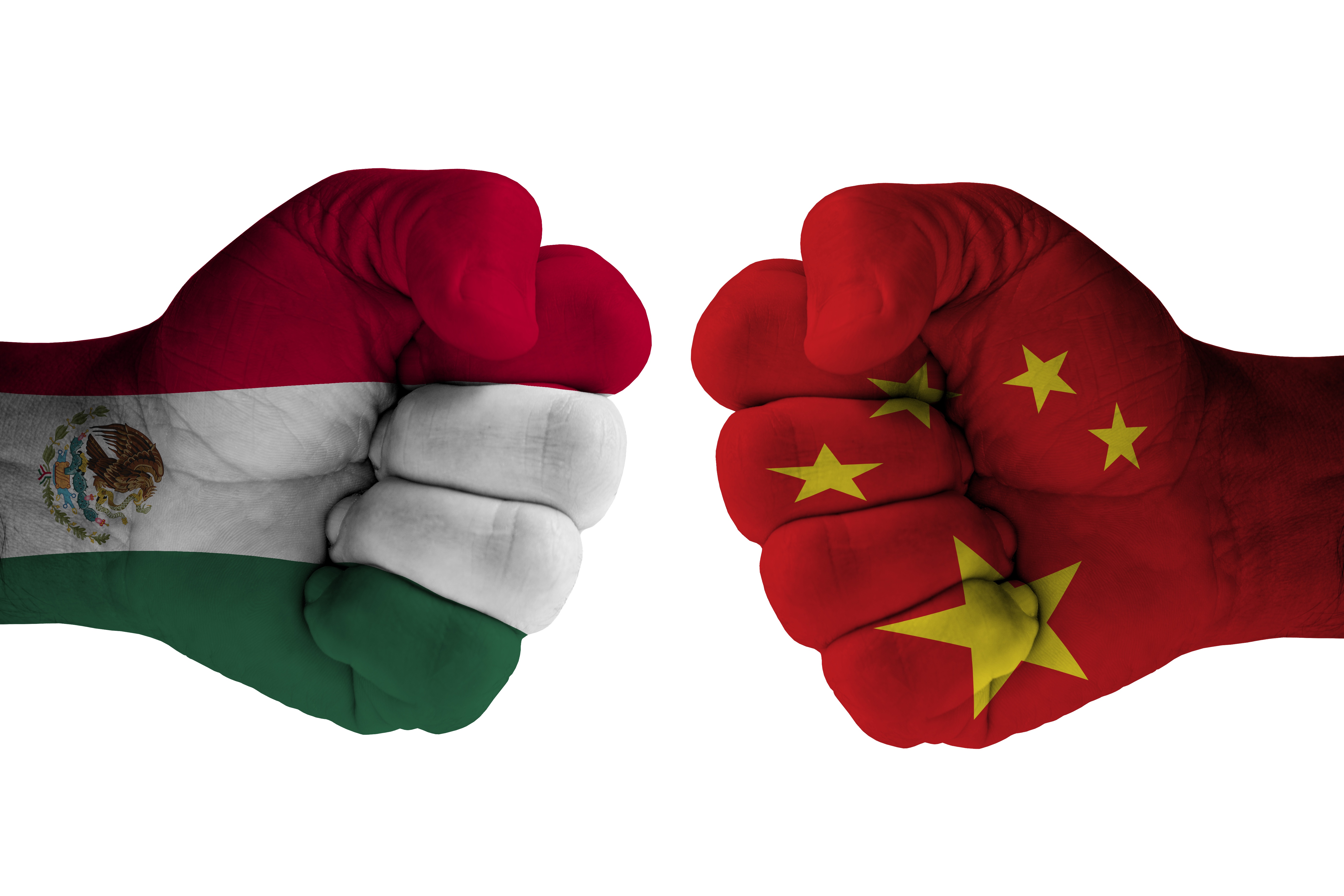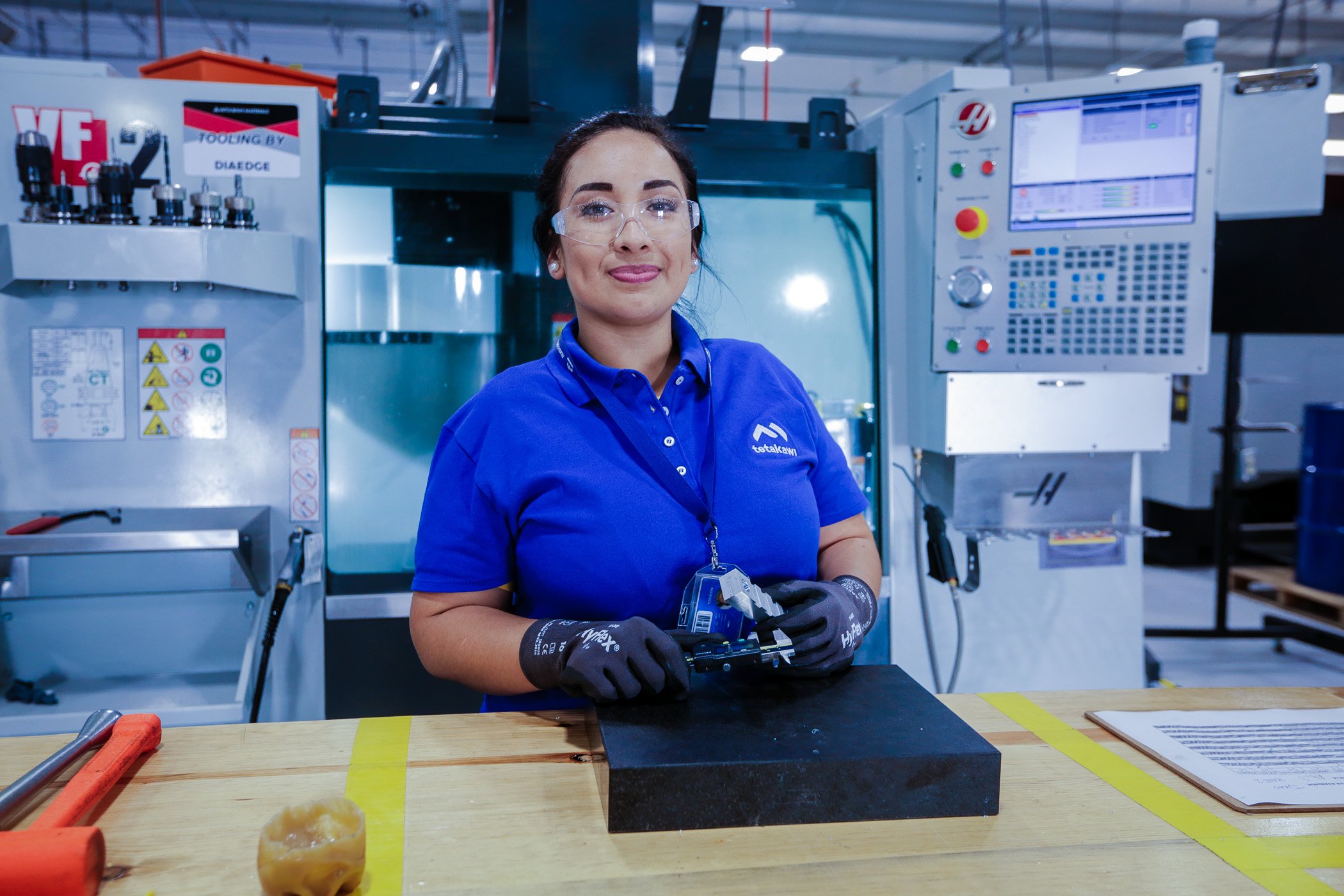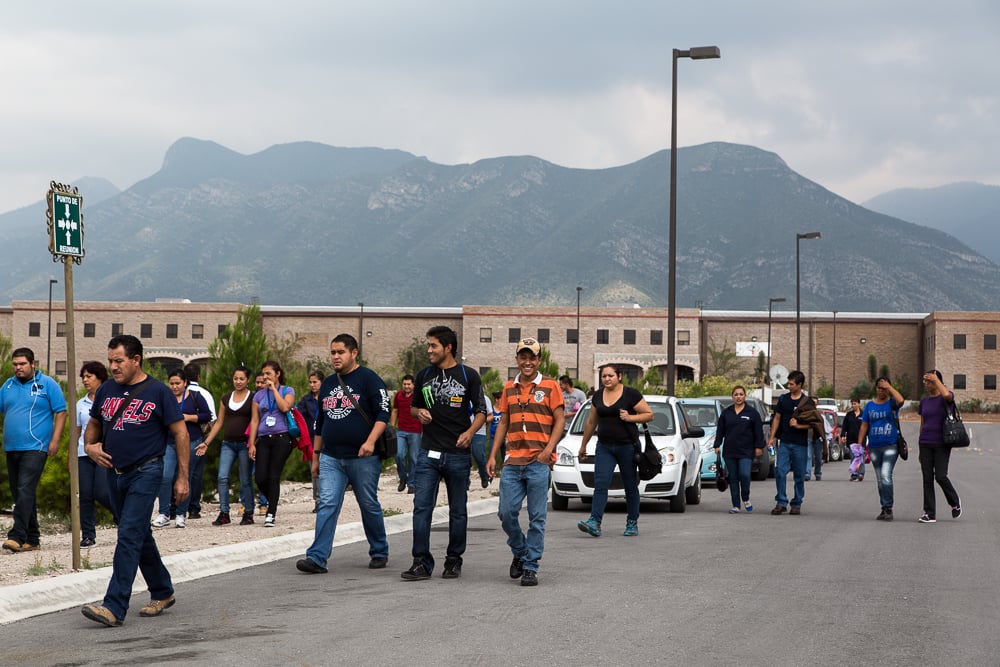Mexico has become the premier destination for automobile companies around the world. Forbes cited the example of Carlos Lozano de la Torre, the governor of Aguascalientes, Mexico, who has 10 different business cards in as many languages. The reason for this array of cards is that companies from around the world are coming to Mexico to take advantage of the enormous opportunities they see for growth in the automobile and other manufacturing sectors.
Car makers as diverse as Nissan, BMW and Volkswagen have come to Mexico to enjoy the inexpensive but quality work that is being done by the laborers there. Workers are typically in their mid-twenties, with salaries of about $40 a day. In fact, production has doubled within five years, and an estimated 3.2 million vehicles will be built by the end of 2014, according to Forbes.
One of the biggest reasons for the shift out of China and into Mexico is Mexico's enormous quantity of trade agreements, Reuters reported. One of the biggest is the North American Free Trade Agreement, which allows for the tariff-free shipping of cars and other manufacturing goods from one North American country to another, but there are many other trade agreements as well. Countries can ship to places like Europe, China and South America. Mexico has free trade agreements with a total of 44 countries, which is more than double what is available in the U.S.
"I can export duty free to North America, South America, Europe and Japan," said Thomas Karig, Volkswagen of Mexico Vice President of Corporate Affairs, according to Forbes. "There's not another country in the world where you can do that."
Eighty percent of the vehicles made in Mexico are shipped overseas, according to Forbes. Many of these cars are built in maquiladoras, which are factories with the maquila designation. This means they are given special tax and other incentives, with the requirement that their products are exported, helping Mexico's thriving export economy.
"Mexico has become a superpower in cars," said Eugenio Madero, chief executive of Sanluis Rassini North America, a Mexican supplier of suspension components, Forbes reported. "It's like 3 million years ago and a meteorite slammed into the Yucatán Peninsula. The sheer size of the investments changes the face of the Earth. One day there's a guy plowing the land with a horse, and now there's a factory there."
Mexico is replacing China
According to a separate article by Forbes, Mexico is actually replacing China as a manufacturing powerhouse. Because China's wages have been so rising so quickly, it has become more affordable for countries to build in Mexico and take advantage of free trade and other trade agreements to ship their goods around the world. In terms of labor, it is 13 percent cheaper to build in Mexico versus China, according to Forbes.
President Peña Nieto foresees Mexican growth
Mexican President Enrique Peña Nieto predicts that the national growth rate will rise to 5 percent around 2018, Reuters reported. He attributes this to his country's expanding manufacturing economy, in addition to its economic reforms that will lead to tremendous growth in the energy sector, reducing the price for electricity and natural gas.
"We forecast ... that in the coming years, with the reforms, in 2015, 2016, 2017, 2018, the growth of our economy will increase," said Peña Nieto, according to Reuters. "To 3, 4 percent and around 2018 we could see annual growth of around 5 percent."
This year Mexico has faced one of the coldest winters to hit North America in decades, which harmed its first half of the year, but the second half has been better, and 2015 may see Mexico moving forward and growing at a regular, controlled pace that will ensure manufacturing companies will have a stable economic platform from which to build products for years to come. Those who wish to take advantage of this should contact a Mexico shelter company, which can expedite the process of expanding to Mexico.
Subscribe
Sign up and stay informed with tips, updates, and best practices for manufacturing in Mexico.





